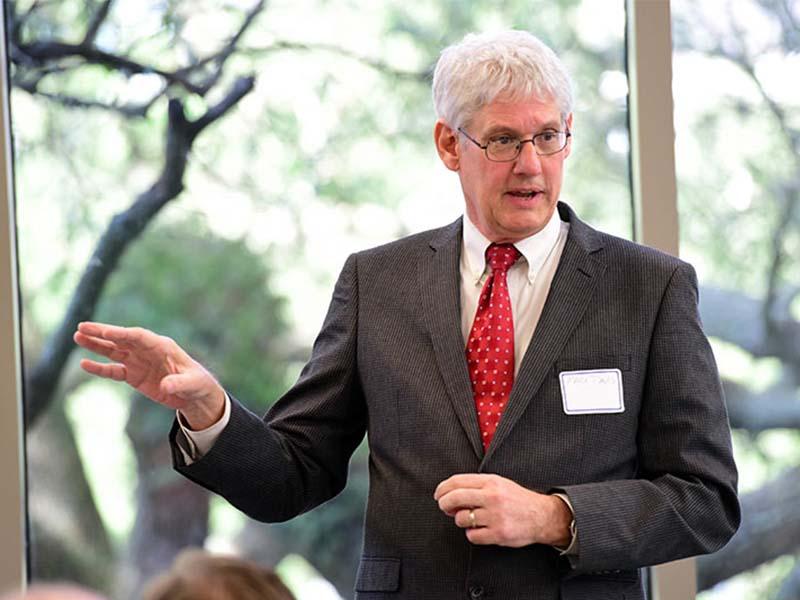Tulane Center for Environmental Law: Teaching, serving, mentoring in ways that matter
Connected. If there is one word that describes the world today it is connected. The word also describes the environmental law program at Tulane Law School. If there was ever a time when environmental law could be taught from a book, learned in cloistered buildings, or practiced within the narrow confines of regulatory programs, they are long past—at least at Tulane.
Each day brings news of new ideas, new policies, and, yes, new disputes that hold the possibility of reshaping our world. Making sense of those things and seeing the possible pathways and pitfalls ahead is very much on the mind of policy makers, professionals, community leaders and, most importantly, our students. Which is why this past year has been so exciting and rewarding for the environmental program at Tulane Law.
Between unprecedented storms, a pandemic, the turmoil of an election year and the constant ebb and flow of environmental issues, Tulane Law has been front and center.
Evaluating the legal options of increasing storm protection for a million New Orleanians? Front and center.
Tracking and commenting on seminal issues like changes to the National Environmental Policy, the risks posed by PFAS pollution, or the proper role of science in federal rule makings? Front and center.
Representing underserved communities trying to be heard as massive industrial development threatens their very existence? Front and center.
Working with the state of Louisiana and coastal stakeholders on ways to reduce nutrient pollution in the Mississippi River, and craft climate change and water stewardship programs? Front and center.
And finding ways of involving our students and alumni from around the globe in this vital work? Front and center.
To be sure, these are not the conditions we expected, but it turns out they are times the environmental law program prepared for. That is not by accident. This program’s friends, students, and former students have always been the essential counterpart to its staff, faculty and the Law School administration in pushing this program to be not just a great place to study law but an important place that helps shape laws, policies, communities, and lives.
If we sound proud, it is because we are. At a time when uncertainty was a constant, Tulane Law’s environmental program was steadfast: Teaching, serving, and mentoring in ways that matter in times that matter. This newsletter captures some of the highlights of the past year. We hope they make you as proud of your part of this as we are. After all, we are all connected.
Mark S. Davis
Director, Tulane Center for Environmental Law

